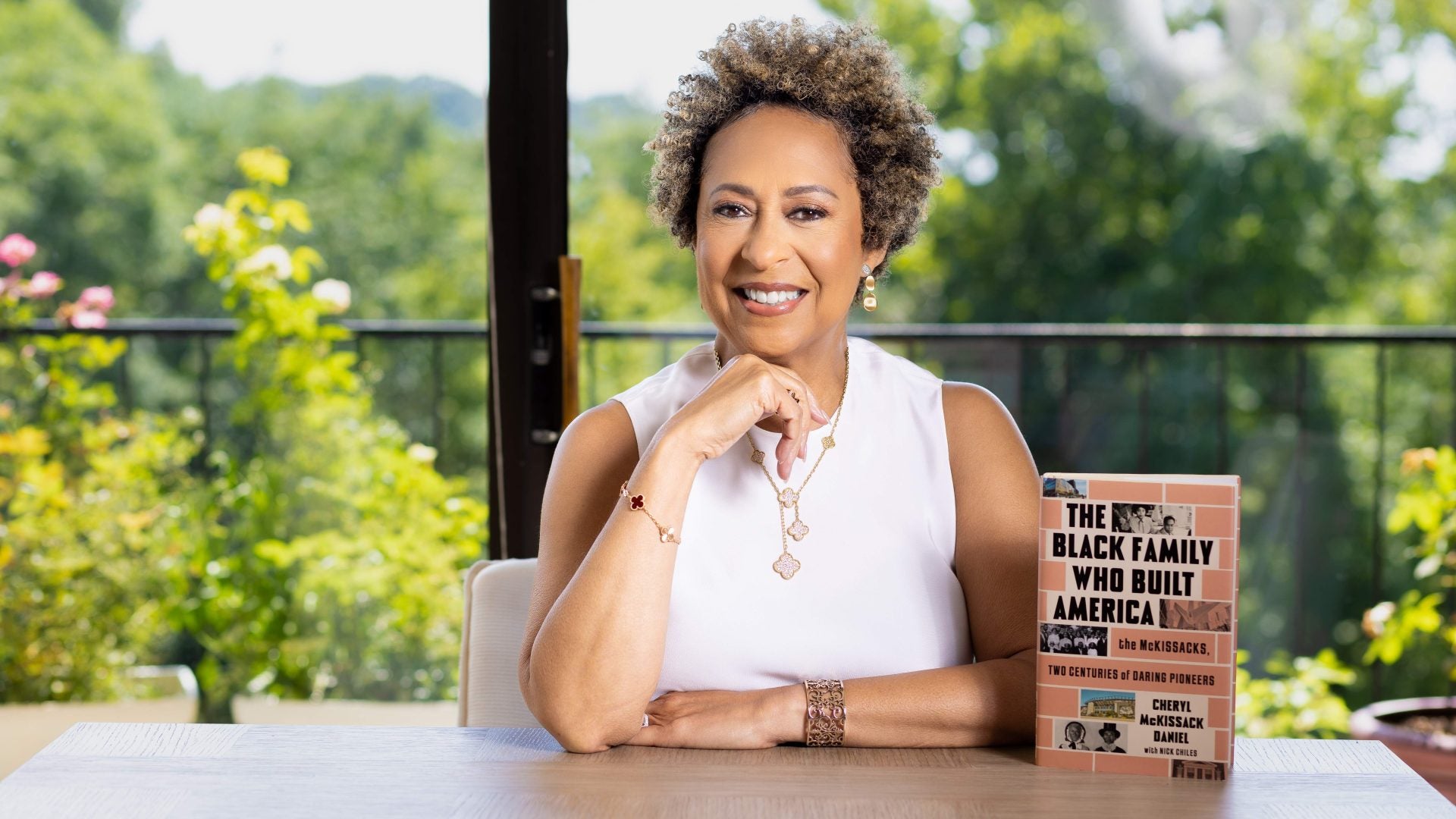How To Keep Holiday Spending From Wrecking Your Peace (And Your Pockets)
I know the holidays have always been expensive, but this year it’s expensive, expensive. Between the rent that keeps climbing, the federal government shutdown, the mass layoffs, the grocery costs […] The post How To Keep Holiday Spending From Wrecking Your Peace (And Your Pockets) appeared first on Essence.

 A cheerful woman in a winter coat holds holiday gifts while looking at her smartphone. She is buying online and paying with a credit card
A cheerful woman in a winter coat holds holiday gifts while looking at her smartphone. She is buying online and paying with a credit card I know the holidays have always been expensive, but this year it’s expensive, expensive.
Between the rent that keeps climbing, the federal government shutdown, the mass layoffs, the grocery costs that are too damn high, or the fact that “just one more thing” somehow turned into five more things, this year is going to be tough for many.
And those are the need-to-dos. On our social calendars during this time of year, there’s also Friendsgiving dinners, Secret Santa exchanges, group gifts for coworkers (and the actual people on your list), or just about every week another Venmo request or “let’s split this” text. And if we’re being honest, if you’re like me, because of it, you’ve already thought about skipping a few things just to avoid the financial juggling act.
If this sounds familiar, you’re not alone. Recent data shows 70% of Americans call the holidays their most financially stressful time of year. Cash App’s new study adds that 89% of Gen Z have opted out of activities because splitting costs with friends felt like too much drama (not from lack of interest, but because the logistics weren’t worth the stress).
“Planning ahead is key to setting healthy financial boundaries during the holidays,” says Lindsay Bryan-Podvin, a financial therapist working with Cash App. She suggests making a list of events you’ll actually attend and people you want to give gifts to, then building a budget around that. “When you have a plan, you’re more confident in your choices. This confidence makes it easier to communicate your limits, whether that means saying, ‘I can’t make that event,’ or ‘I’m maxed out on gift giving this season.'”
And look, we all know those conversations are awkward. Nobody wants to be the person who can’t chip in for the group gift or has to decline the dinner invite. But here’s the thing, staying silent and stretching yourself thin doesn’t help anyone (especially not yourself). A large majority of Gen Z say collecting payments upfront for shared costs is genuinely stressful, and about a third of Gen Z and Millennials admit they worry about getting paid back after covering group expenses. We’re all feeling this.
Bryan-Podvin says the key is being upfront early. “It helps avoid awkwardness later,” she explains. Try suggesting a spending range right from the jump, or frame it as looking out for the whole group: “Let’s keep this fun and stress-free for everybody.” She also recommends giving people an easy out. Like, “Friendsgiving at my place! Bring a dish to pass. If you’re maxed out on events or cooking, that’s fine, please just let me know!” That small gesture (letting folks know it’s okay to say no) takes so much pressure off.
The other piece? The tools we use matter. One in four Gen Zers and a third of Millennials say they’ve skipped group gifts because splitting costs was too complicated. When giving feels more stressful than the gift itself, something’s off. Bryan-Podvin points out that features like Cash App’s pools make it easier to collect and track money without anyone fronting the whole bill. “With pools, no one has to cover the bill upfront, and your friends and family can contribute what they want to a shared goal.”
But even with better systems, we’ve still got to work on our mindset. A lot of us get caught up in what Bryan-Podvin calls “cognitive distortions” which are basically, negative thoughts that aren’t entirely true. Things like “I have to buy everyone something big” or “saying no makes me cheap.” She suggests reframing: “thoughtful gifts matter more than expensive ones” or “it’s okay to set limits to protect my peace and budget.” Small mental shifts like these, combined with actually checking your spending regularly, can help you avoid that January panic.
And if January does roll around and you realize you overspent? Bryan-Podvin’s advice is simple: “Be gentle with yourself. Reflect on what did work, celebrate your wins while acknowledging where you can improve in the year ahead.”
Maybe the real shift is rethinking what generosity means. With Americans planning to spend an average of $1,107 on gifts—$182 more than last year—and one-third already regretting purchases, it’s fair to ask if we’re doing too much. “Generosity doesn’t have to come in the form of spending beyond your means,” Bryan-Podvin says. It can be treating a friend to coffee, buying something from your child’s teacher’s wishlist, writing a heartfelt note, or volunteering locally.
This season, the most generous thing you can do might be being honest—with your people, and with yourself. Your budget is what it is. Your friends will understand, and if they don’t, that tells you something important too. The real gift isn’t another expensive thing. It’s showing up as your whole self, financial reality included, without apologizing for it.
The post How To Keep Holiday Spending From Wrecking Your Peace (And Your Pockets) appeared first on Essence.






















